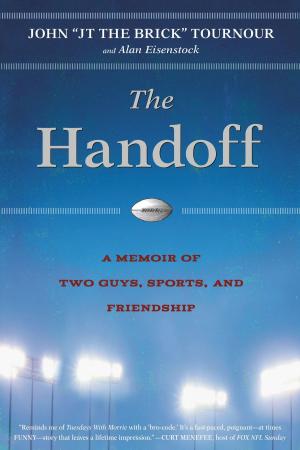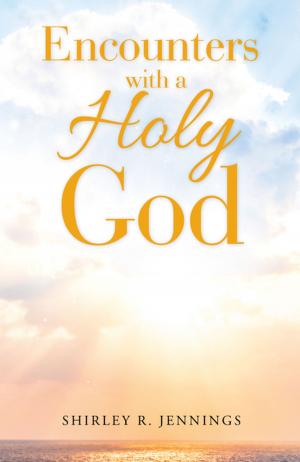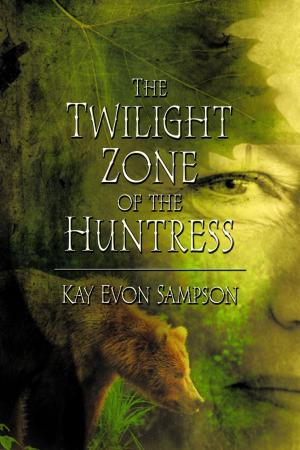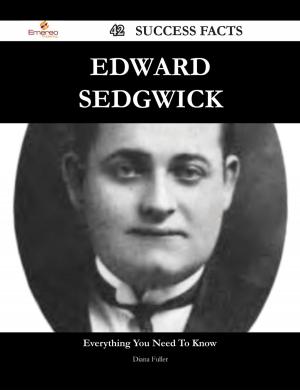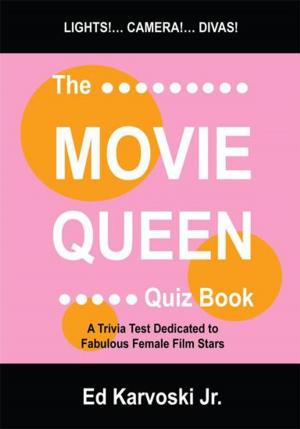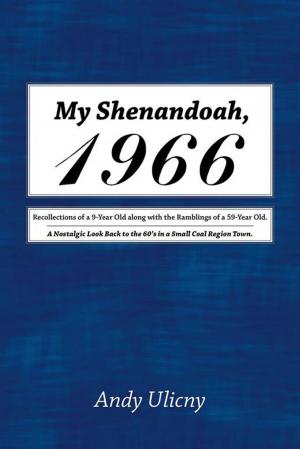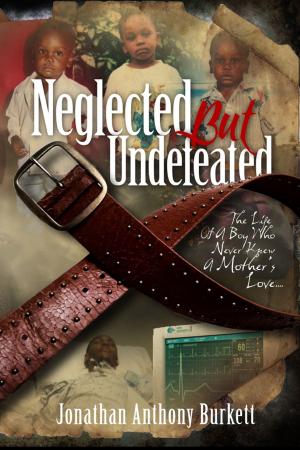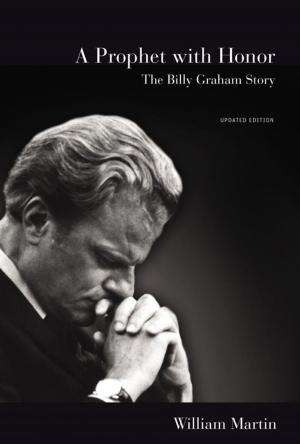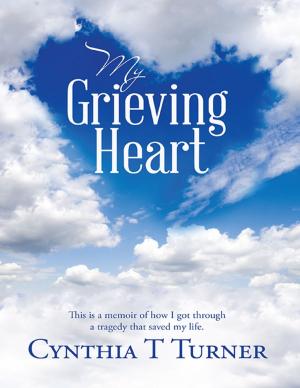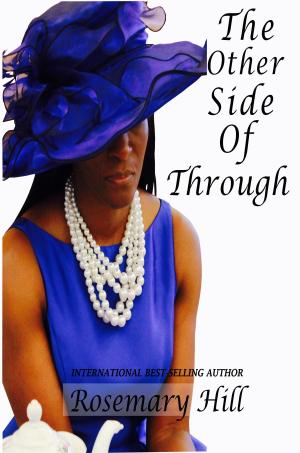Dear Sexual Abuse Survivor
This is the Guide I Wish Someone Had Written for Me
Nonfiction, Family & Relationships, Family Relationships, Abuse, Health & Well Being, Psychology, Emotions, Biography & Memoir| Author: | Sylvia Fraser | ISBN: | 1230000229407 |
| Publisher: | Pandora Publications | Publication: | March 30, 2014 |
| Imprint: | Language: | English |
| Author: | Sylvia Fraser |
| ISBN: | 1230000229407 |
| Publisher: | Pandora Publications |
| Publication: | March 30, 2014 |
| Imprint: | |
| Language: | English |
The author of the bestseller "My Father’s House: a Memoir of Incest and of Healing" guides other survivors through their own emotional minefields to healing.
Dear Survivor,
This guide is about you, and me, and the other child-abuse survivors you’ll meet throughout this book. It’s about the damage that follows us into adulthood, and about healing from that damage.
When caught on a burning deck, passengers grab whatever life-preservers they can. For an abused child, that life-preserver is likely to be some form of denial. To admit to the scary things that daddy, or the basketball coach, was doing to us might have opened floodgates of shame and terror too overwhelming to endure. What if no one believes me? What if mommy punishes me for telling lies? What if our coach is arrested and the team hates me?
To an abused child, denial can seem like a best friend. To adults, that “best friend” can be our worst enemy.
Denial comes in many forms. Some of us, like me, blackout all knowledge of the abuse for much of our lives. Some of us remember selectively. Some of us remember, but deny its emotional impact. We’re the ones who say, “It wasn’t so bad. I got over it.” Except we didn’t.
My book, My Father’s House: a Memoir of Incest and of Healing, published in 1987, was one of the first to break the taboo on Western culture’s shameful secret. After it became an international bestseller, I received hundreds of letters from other survivors, wanting to share their stories. I was invited to speak at therapists’ conferences, and participated on TV panels across North America and Europe. This became my crash-course on sexual abuse as a disease of our times, and on healing.
This guide is the kind I wish I had had, while I was struggling, alone, to deal with a flood of frightening memories - memories which changed the life I thought I’d led, and the person I thought I was. Did this really happen? Was I to blame? Dare I tell? Whom should I tell?
In this shared voyage of self-discovery, we’ll look for the red flags that reveal how childhood abuse continues to steal our adult happiness. I’ll suggest exercises, designed to deal with the impact of the abuse, and ask questions you’ve probably never thought to ask yourself. Though some may seem difficult or confusing, the reason I’m asking you is because you do know the answers. You - not me or anyone else - are the world’s leading expert on you. It’s your life we’ll be talking about. It’s your past, your present, your future.
We’ll also examine how abuse may have imprinted our bodies, undermining our health. We’ll explore the value of tapping into our dreams, and of returning to the scene-of-the-crime. We’ll discuss the challenge of whistleblowing - to family members, to legal authorities and, perhaps, through writing a memoir. We’ll also ask: Should we confront our abuser? Is there any need, or value, in forgiving our abuser, on our path to healing and to wisdom?
Along route, we’ll meet other survivors, whose stories help guide our own. The goal of our journey is a simple one: To better love and appreciate the face we see in the mirror.
NOTE: Though this guide is designed for sexual abuse survivors, its healing techniques are valid for survivors of other childhood traumas, such as parental alcoholism, abandonment, divorce and mental illness.
Praise for My Father’s House: “Extraordinary. . . .As telling a chronicle of the times as The Catcher in the Rye or To Kill a Mocking Bird. . . . Sylvia Fraser demonstrates that the cycle of abuse can stop with the victim only when she decides to cast off the role” - New York Times Book Review
SYLVIA FRASER is the inaugural winner of the Phoenix Women Rising Award for issues of child abuse.
The author of the bestseller "My Father’s House: a Memoir of Incest and of Healing" guides other survivors through their own emotional minefields to healing.
Dear Survivor,
This guide is about you, and me, and the other child-abuse survivors you’ll meet throughout this book. It’s about the damage that follows us into adulthood, and about healing from that damage.
When caught on a burning deck, passengers grab whatever life-preservers they can. For an abused child, that life-preserver is likely to be some form of denial. To admit to the scary things that daddy, or the basketball coach, was doing to us might have opened floodgates of shame and terror too overwhelming to endure. What if no one believes me? What if mommy punishes me for telling lies? What if our coach is arrested and the team hates me?
To an abused child, denial can seem like a best friend. To adults, that “best friend” can be our worst enemy.
Denial comes in many forms. Some of us, like me, blackout all knowledge of the abuse for much of our lives. Some of us remember selectively. Some of us remember, but deny its emotional impact. We’re the ones who say, “It wasn’t so bad. I got over it.” Except we didn’t.
My book, My Father’s House: a Memoir of Incest and of Healing, published in 1987, was one of the first to break the taboo on Western culture’s shameful secret. After it became an international bestseller, I received hundreds of letters from other survivors, wanting to share their stories. I was invited to speak at therapists’ conferences, and participated on TV panels across North America and Europe. This became my crash-course on sexual abuse as a disease of our times, and on healing.
This guide is the kind I wish I had had, while I was struggling, alone, to deal with a flood of frightening memories - memories which changed the life I thought I’d led, and the person I thought I was. Did this really happen? Was I to blame? Dare I tell? Whom should I tell?
In this shared voyage of self-discovery, we’ll look for the red flags that reveal how childhood abuse continues to steal our adult happiness. I’ll suggest exercises, designed to deal with the impact of the abuse, and ask questions you’ve probably never thought to ask yourself. Though some may seem difficult or confusing, the reason I’m asking you is because you do know the answers. You - not me or anyone else - are the world’s leading expert on you. It’s your life we’ll be talking about. It’s your past, your present, your future.
We’ll also examine how abuse may have imprinted our bodies, undermining our health. We’ll explore the value of tapping into our dreams, and of returning to the scene-of-the-crime. We’ll discuss the challenge of whistleblowing - to family members, to legal authorities and, perhaps, through writing a memoir. We’ll also ask: Should we confront our abuser? Is there any need, or value, in forgiving our abuser, on our path to healing and to wisdom?
Along route, we’ll meet other survivors, whose stories help guide our own. The goal of our journey is a simple one: To better love and appreciate the face we see in the mirror.
NOTE: Though this guide is designed for sexual abuse survivors, its healing techniques are valid for survivors of other childhood traumas, such as parental alcoholism, abandonment, divorce and mental illness.
Praise for My Father’s House: “Extraordinary. . . .As telling a chronicle of the times as The Catcher in the Rye or To Kill a Mocking Bird. . . . Sylvia Fraser demonstrates that the cycle of abuse can stop with the victim only when she decides to cast off the role” - New York Times Book Review
SYLVIA FRASER is the inaugural winner of the Phoenix Women Rising Award for issues of child abuse.


